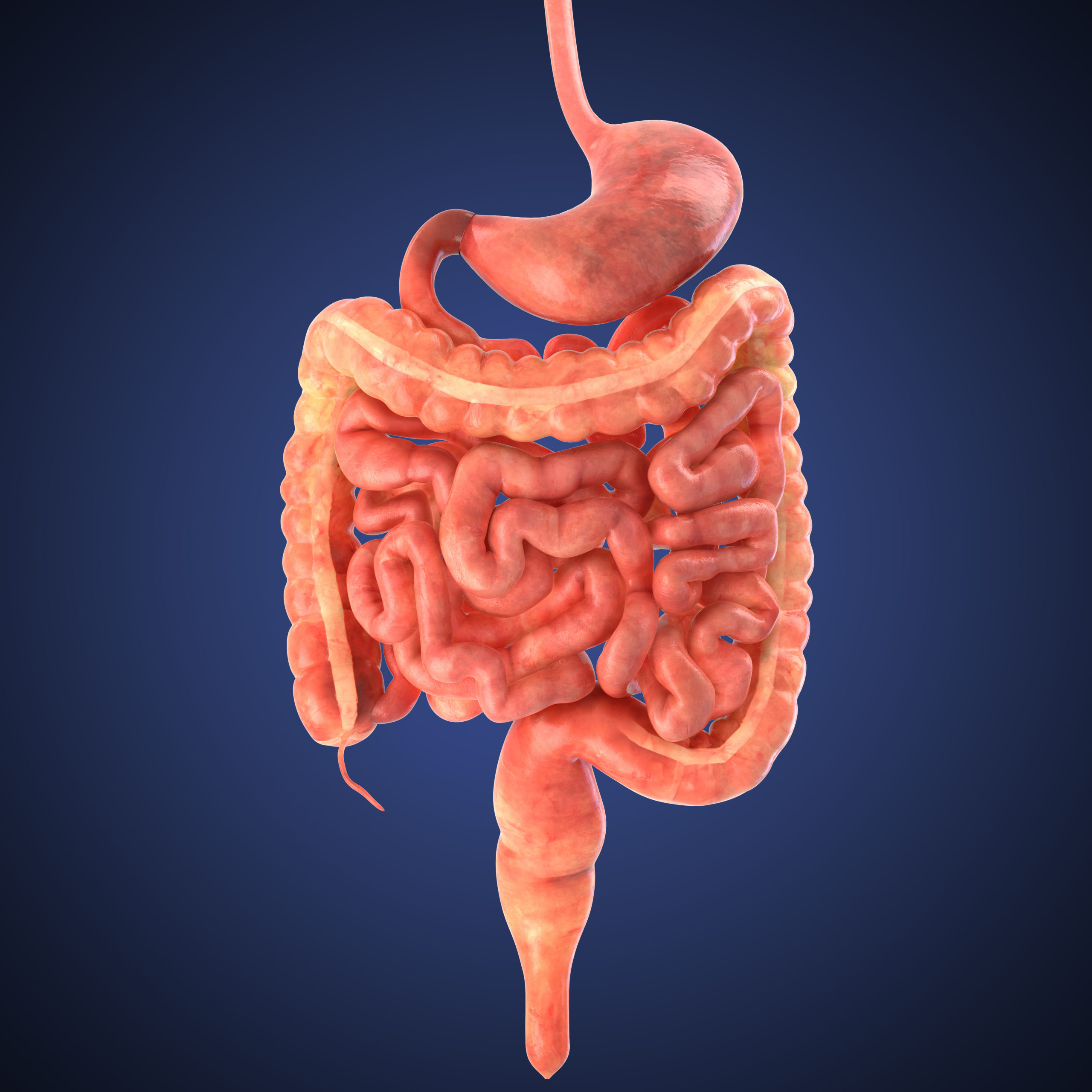
In a presentation at the 64th ASH Annual Meeting and Exposition, researchers presented findings from a pilot study on the pooled allogeneic fecal microbiotherapy MaaT013 in patients with steroid-refractory (SR) or steroid-dependent (SD) gastrointestinal (GI) acute graft-versus-host disease (aGVHD).
Presenting author, Mohamad Mohty, MD, PhD, reported that MaaT013 appeared safe and effective in patients with SR or SD GI aGVHD, particularly in those with prior ruxolitinib treatment. Moreover, Dr. Mohty noted that GI responses to aGVHD seemed to correlate with increased overall survival (OS), “suggesting a strong favorable benefit-risk profile for MaaT013.”
Fecal Microbiotherapy Effectively Treatments Ruxolitinib-Refractory Patients
The study included 81 patients with predominantly grade 3-4 SR or SD GI aGVHD (classical, n=62; late onset, n=12; overlap syndrome, n=7) who were part of the Early Access Program in France. Participants had a median of 2 prior lines of systemic treatment (range, 1-6), and 66 patients had previously received ruxolitinib. The patients received 3 administrations of MaaT013 from 4 to 8 healthy donors.
On day 28, the researchers observed a GI overall response rate (ORR) of 56%, with 30 complete responses (37%), 11 very good responses (14%), and 4 partial responses (5%). Of note, the GI ORR was greater in patients with lower-grade aGVHD, at 89% in grade 2, 66% in grade 3, and 32% in grade 4, as well as in SD versus SR patients (92% vs 49%).
The OS at 6 and 12 months was 51% and 39%, respectively, and OS was significantly higher in patients who achieved at least a partial response by day 28 (n=45) compared with those who did not respond (n=35). In addition, the overall incidence of bacteremia was low at 14% compared with incidences of 31% to 74% previously reported in GI aGVHD populations, leading the authors to suggest that fecal bacteriotherapy may have a protective effect on bacterial translocation.
Ultimately, the study’s authors concluded that MaaT013 was safe and effective in a population with SR or SD GI aGVHD, and they noted a phase 3 trial is ongoing to verify their findings in ruxolitinib-refractory patients.
More From ASH: Impact of Ruxolitinib Initiation Timing


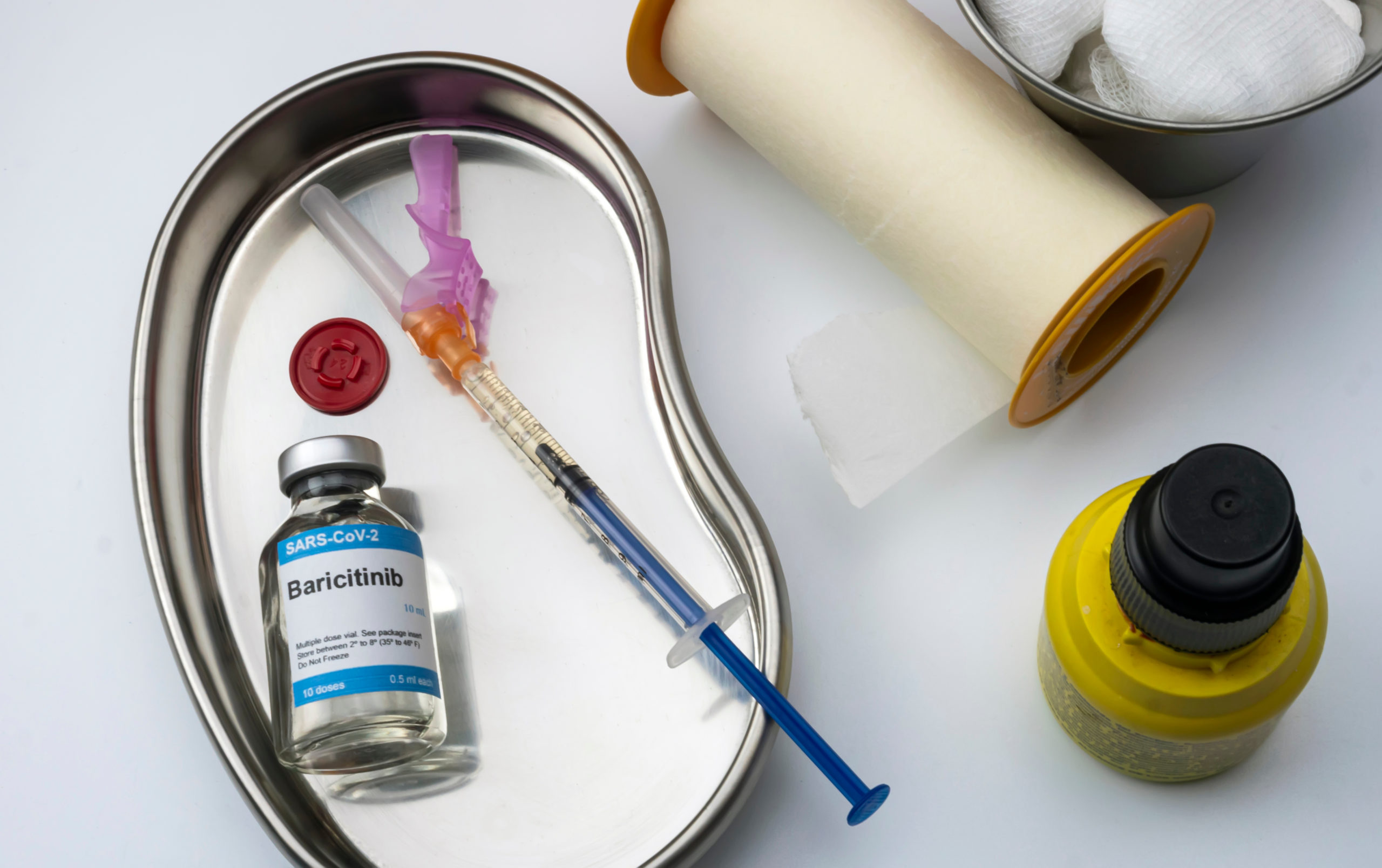
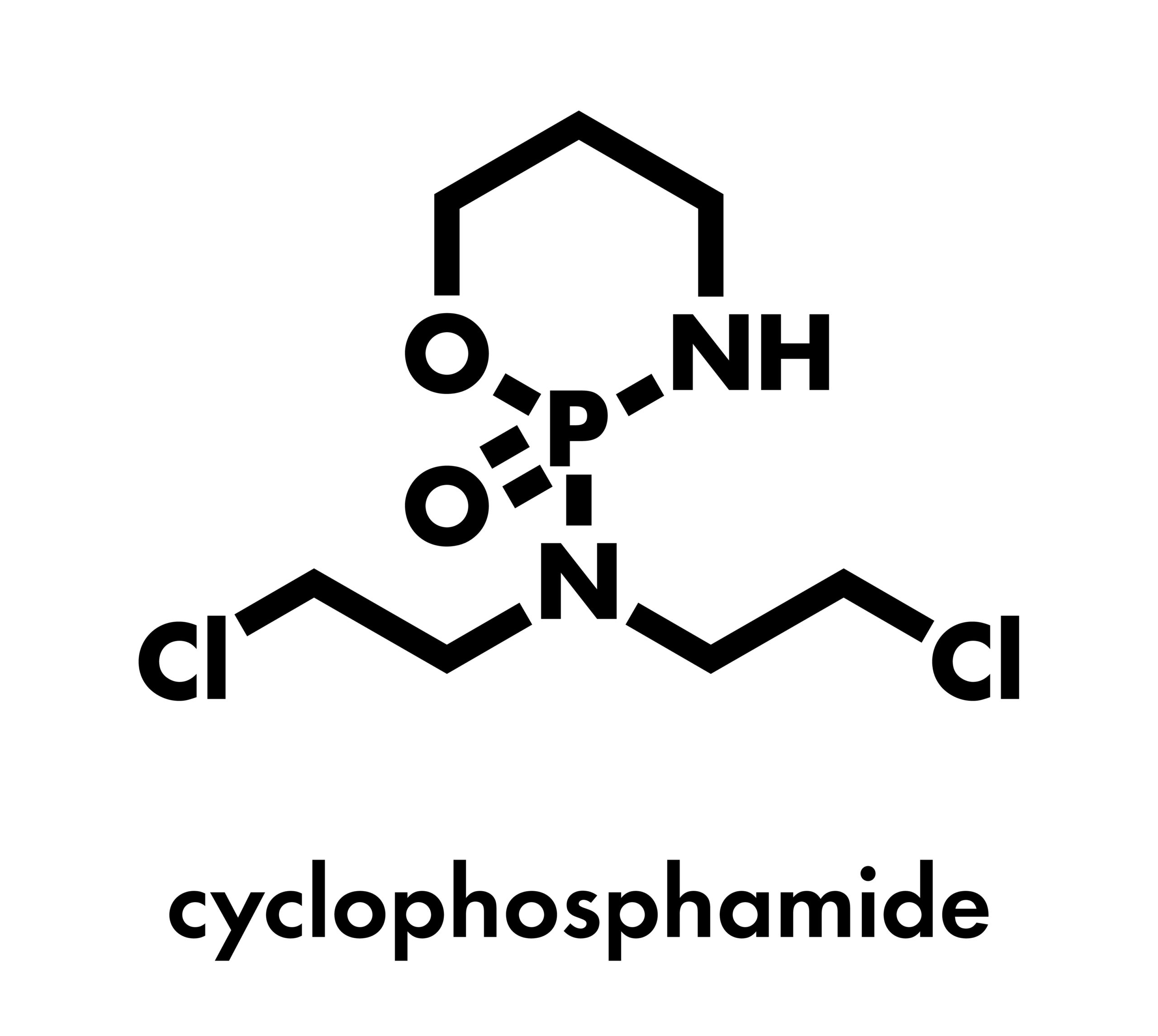
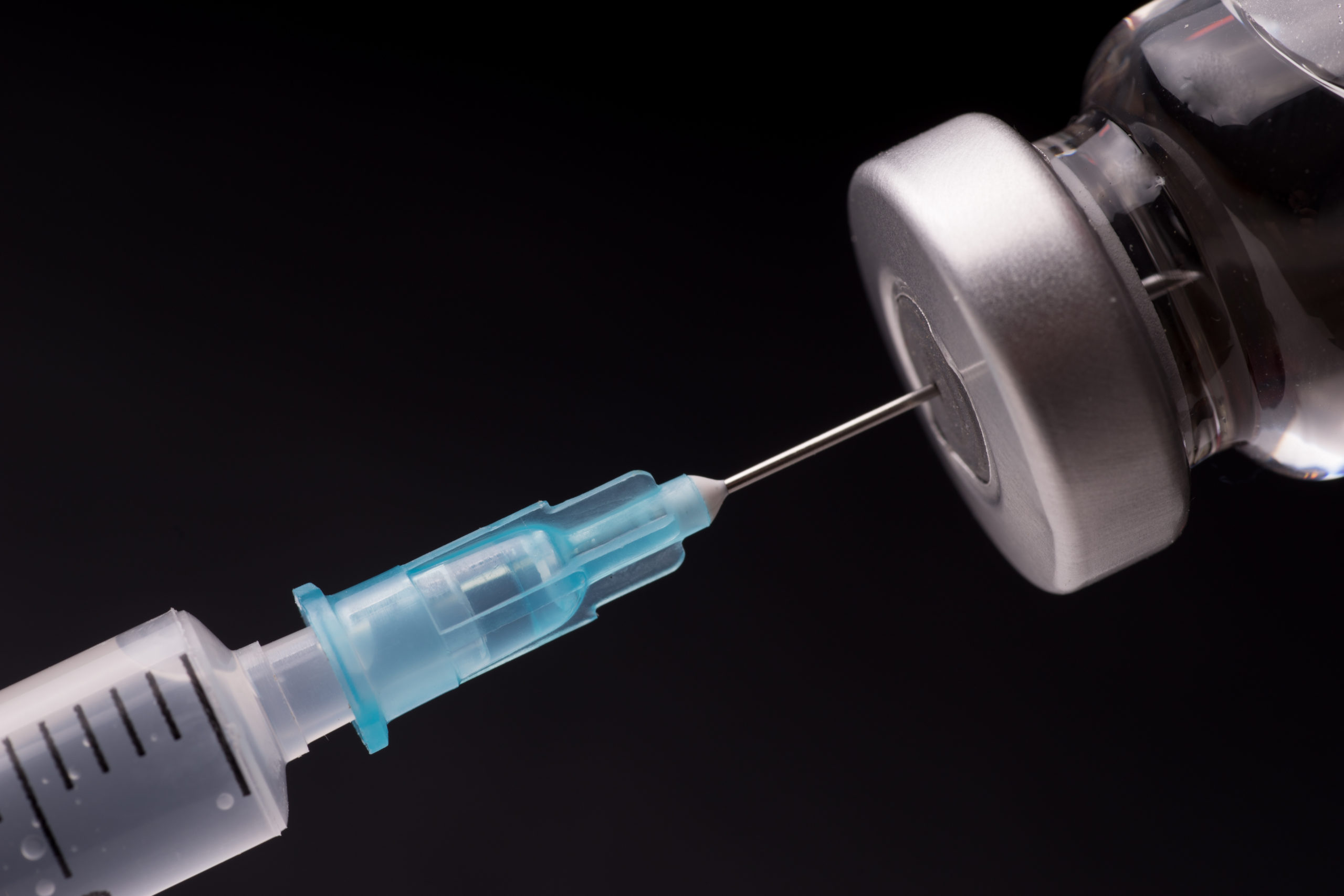
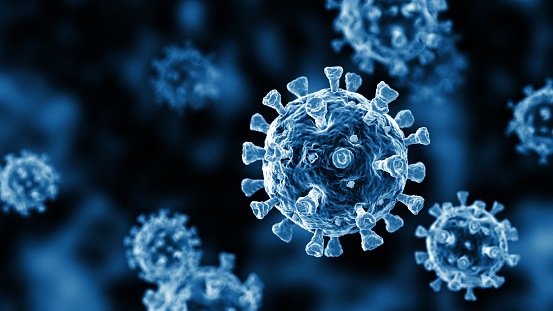

 © 2025 Mashup Media, LLC, a Formedics Property. All Rights Reserved.
© 2025 Mashup Media, LLC, a Formedics Property. All Rights Reserved.